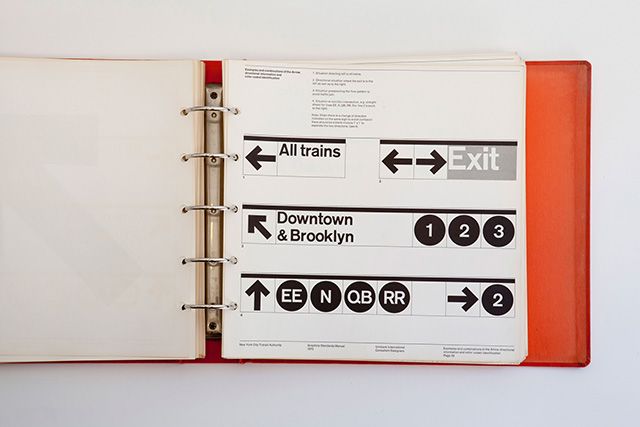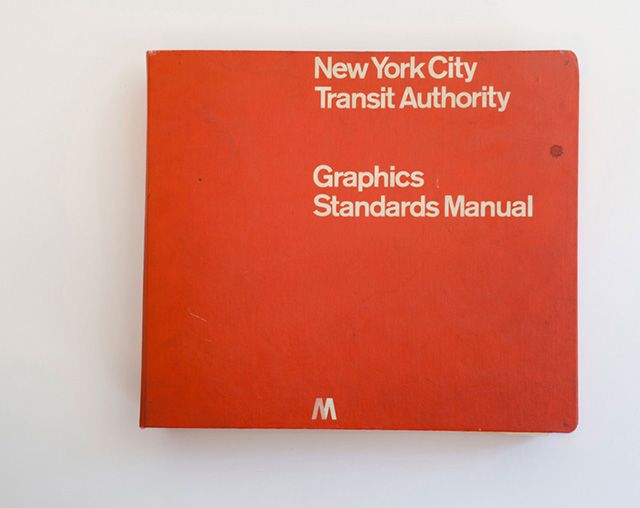100th Anniversary Great Nave Tour at the Cathedral of St. John the Divine
Celebrate the 1925 construction of the stunning nave inside the world's largest Gothic cathedral!


Ever wonder about the NYC’s subway signage? Most New Yorkers who use the subway daily have probably never heard of the design firm Unimark. In 1970, designers Massimo Vignelli and Bob Noorda of Unimark created a language not only for how people would read subway signs, but also the way people would use the New York City subway for the next 44 years. The published document was a 13″ x 13″ Standards Manual held together in a 3-ring binder. And now, Pentagram is hoping to bring it back via a Kickstarter campaign that goes until October 8th. It’s been so popular that they have raised more than 5x the $108,000 goal so far.
The MTA has allowed Pentagram to make reproductions of the document through a licensing deal. The manual represents not only an important piece of design history, but also a large part of New York City’s history. According to the Kickstarter, “the Standards Manual became one of the world’s classic examples of modern design…perhaps unintentionally.”

Full-size reissue. Image via the Standards Manual.
The reissue will have an introduction by Michael Beirut and an essay by Christopher Bonanos (12 pages total), plus a full-size, unchanged copy of the original Standards Manual. For quality, the 364 pages with 176 four-color plates are being printed in Italy, from high-resolution scans of the original. Instead of the original spiral-rings, this cloth hardcover version will be bound with Smyth (section) sewing. The thing also weighs over 7 pounds. Using Kickstarter, they say, allows them to control the production of the book, keep costs low, and distribute it faster.

Original copy at MOMA. Image via The Standards Manual

Image via The Standards Manual
The MTA has only allowed this to be available for 30 days only and according to the Kickstarter, it “will never be reissued again.”
For more on Vignelli, check out 10 fun facts about the NYC Subway Graphics Standard Manual, learn why his 1972 subway map was loved by designers but not by riders and take a look at a chronological history of the NYC subway map from 1924 to today.
Subscribe to our newsletter